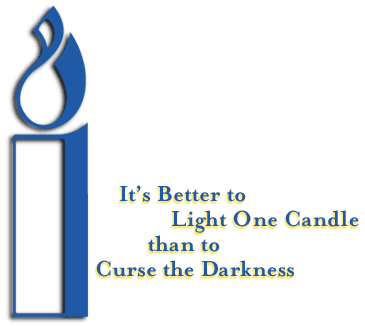Tony Rossi, Director of Communications
March 20, 2022
No Cure for Being Human
On paper, you might expect a conversation with Kate Bowler to be somber. After all, the wife, mother,
and associate professor at Duke Divinity School was diagnosed with stage four colon cancer at age 35,
with a prognosis of less than two years to live. Though she has endured tremendous anxiety and
suffering, she also manifests joy, grace, and empathy—and can even laugh at the absurdities of life, such as her recent experience being bitten by a venomous snake. Kate won a Christopher Award a few years ago for her memoir “Everything Happens for a Reason: And Other Lies I’ve Loved.” And she has now written another memoir entitled “No Cure for Being Human.” We discussed the book on “Christopher Closeup.”
Kate has always been a person who believed she could “outpace and outwork any problem. Then, when I just kept being leveled by things I couldn’t fix…I realized I was going to need a different framework for how to move forward…Because I’m a historian of self-help and the idea that you can always fix your life, I started trying to think through it as a Christian and as a historian.”
That’s what led her to the title of her latest memoir. It’s meant to counter “toxic positivity” and other self-help messages, such as “You Can Conquer Everything!” Kate explained, “[This book] is my desperate, loving attempt to get back to something a little gentler and a little truer, which is that we’re all a lot more fragile than we expected. We’re all in need of each other, community, and love. And that our limitations are, in a way, much more constitutive of who we are than these wonderful fantasies that we can do all things.”
In the initial days following her cancer surgery, Kate notes that she felt “God’s supernatural love” and “supernaturally bubble-wrapped” in ways she never had before. Then she asked her pastor and theologian friends whether this feeling would go away. They confirmed that it would. And it did, leaving Kate to ask, “How do you experience the life of faith when you don’t always get those bursts of joy and love and all the things that make pain less awful?”
Speaking of awful, Kate was recently walking along a narrow path near her home, when an elderly man with a dog approached from the other direction. She stepped out of his way, onto a well-mowed lawn, to let him pass, then continued on her way. Suddenly, she felt an ever-increasing pain in her leg. She took out a mirror and discovered she had two fang marks from being bitten by a venomous copperhead. “It was unbelievably painful,” Kate recalled, “but I couldn’t stop laughing because it was so ridiculous. Like, how am I the person this stuff keeps happening to?” After 24 hours in the hospital being treated with anti-venom, Kate returned to her regular life of dealing with chronic cancer.
Kate remains alive today, six years after her diagnosis, because the cancer she has responded to a new immunotherapy drug. She will likely never be considered cured, though, so she makes the best of living with the uncertainty of what the future holds. And she hopes that readers find the comfort and guidance they need in reading “No Cure for Being Human.” Kate concluded, “I hope they feel a little more permission to feel limited. To feel like their lives can still be gorgeous and meaningful, but that they don’t have to be superhuman.”

